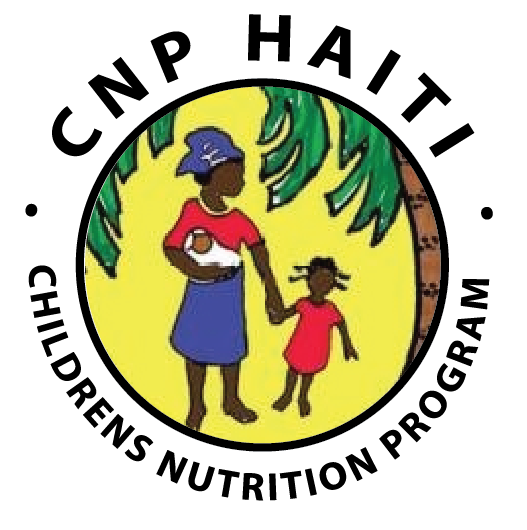Family Planning OR PROPER TIMING AND SPACING OF BIRTHS
CNP/Kore Timoun is a pro-family institution and believes every child is a gift from God. Basic birth control is neither accessible nor affordable. Even when services are available the majority of women are unable to access them due to social and cultural attitudes, or are reluctant to use them because of the myths and fears surrounding various methods.
CNP/Kore Timoun acts to provide the education and tools necessary for women and couples to make informed decisions about the number of children they want to have and when they want to have them.
CNP/Kore Timoun nurses and monitrices are trained to educate communities about family planning as well as the consequences and side effects of various methods. They counsel their community members to help them make informed decisions about what may be most appropriate for them and their family given their particular needs and circumstances.
What is the link between family planning and nutrition?
What does nutrition have to do with the proper timing and spacing of pregnancies? Actually, a lot! It impacts nutrition both directly and indirectly in a number of ways. Helping women and couples to have the number of children they want at the healthiest times in their lives improves the nutritional status of both mothers and their children.
Here are just a few examples:
Spacing:
- Spacing births by at least two years allows women’s bodies to recuperate and replenish essential nutrients. A healthy pregnancy means healthy infant birth weight.
- When women are unable to space their pregnancies their bodies are weakened, placing them and their child at risk of dying during childbirth.
- Spacing also ensures that mothers have the time, energy, and resources to adequately breastfeed and feed their young infants and children.
Timing:
- The ability to time births means women can avoid high-risk pregnancies and have children at the healthiest times in life, for example, when they are between 18 and 34 years old, an age at which they are both physically and psychologically mature enough for motherhood.
- Research shows that when pregnancies are planned and occur when women are older than 18 years old, breastfeeding practices improve, leading to improved child nutrition.
- Reducing unintended pregnancies among adolescents, allows them to stay in school and complete more years of education. Research shows that greater education among women leads to greater productivity, empowerment, and control of resources, which in turn enables women to make better choices that ultimately benefit the health and nutrition of their children and families.
- Finally, there is growing evidence, which shows that children from unintended pregnancies are at a greater risk of poor nutrition.
CNP/Kore Timoun defines family planning as the use of contraceptive methods to attain the desired number of children and to plan and space the timing of births.

